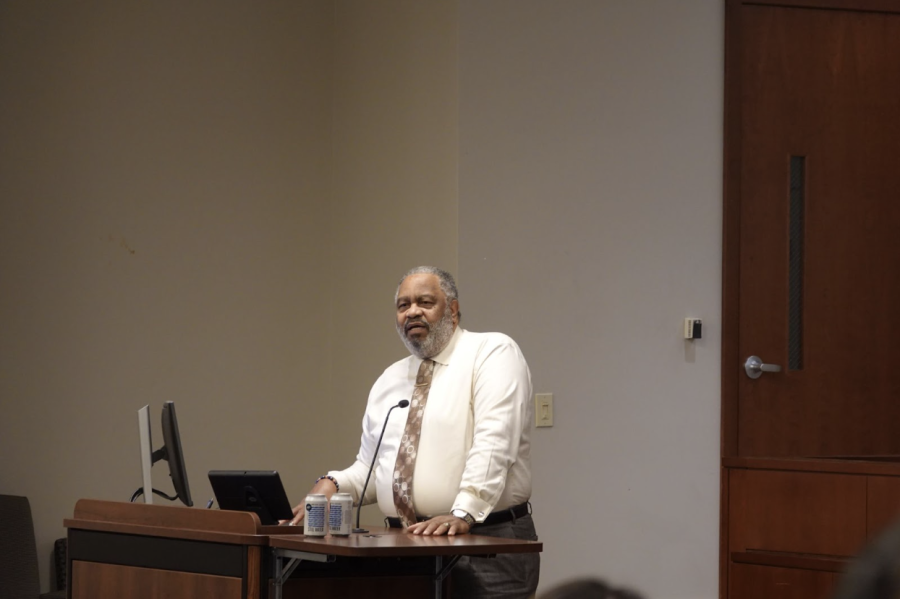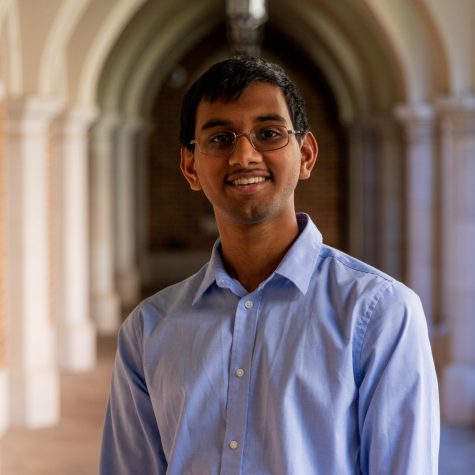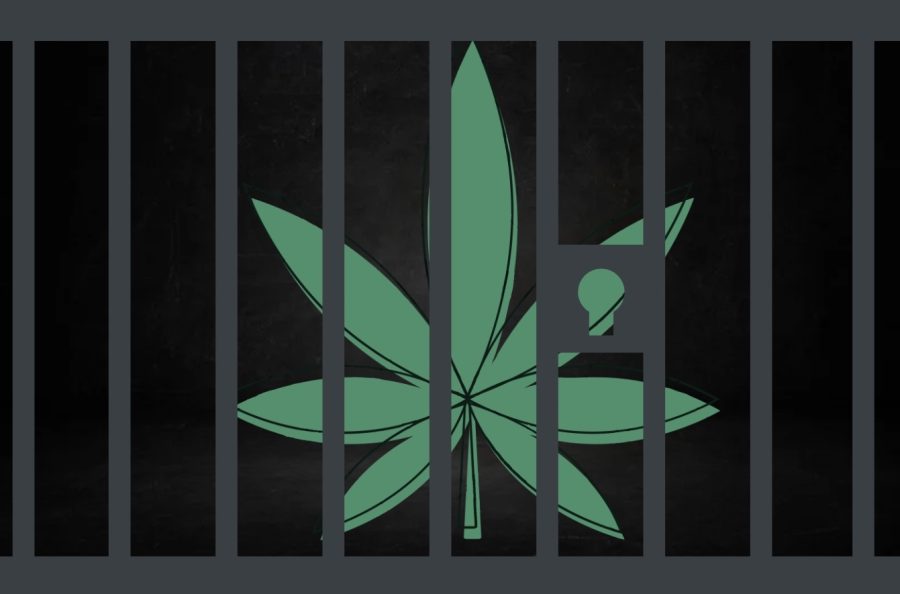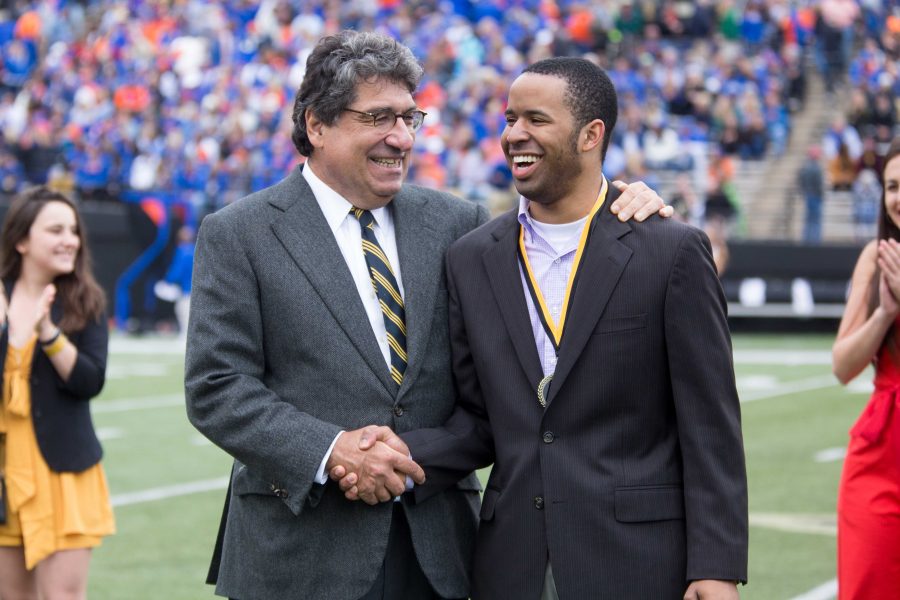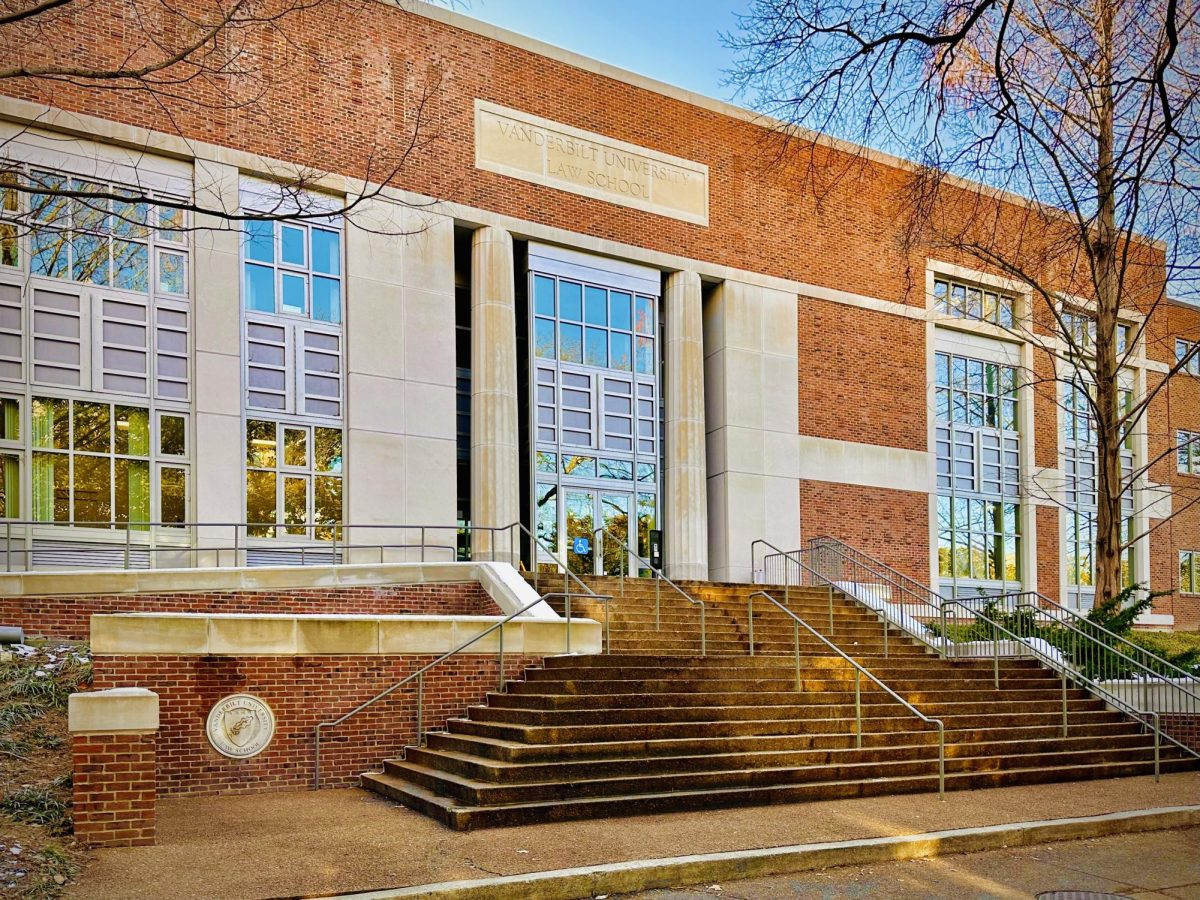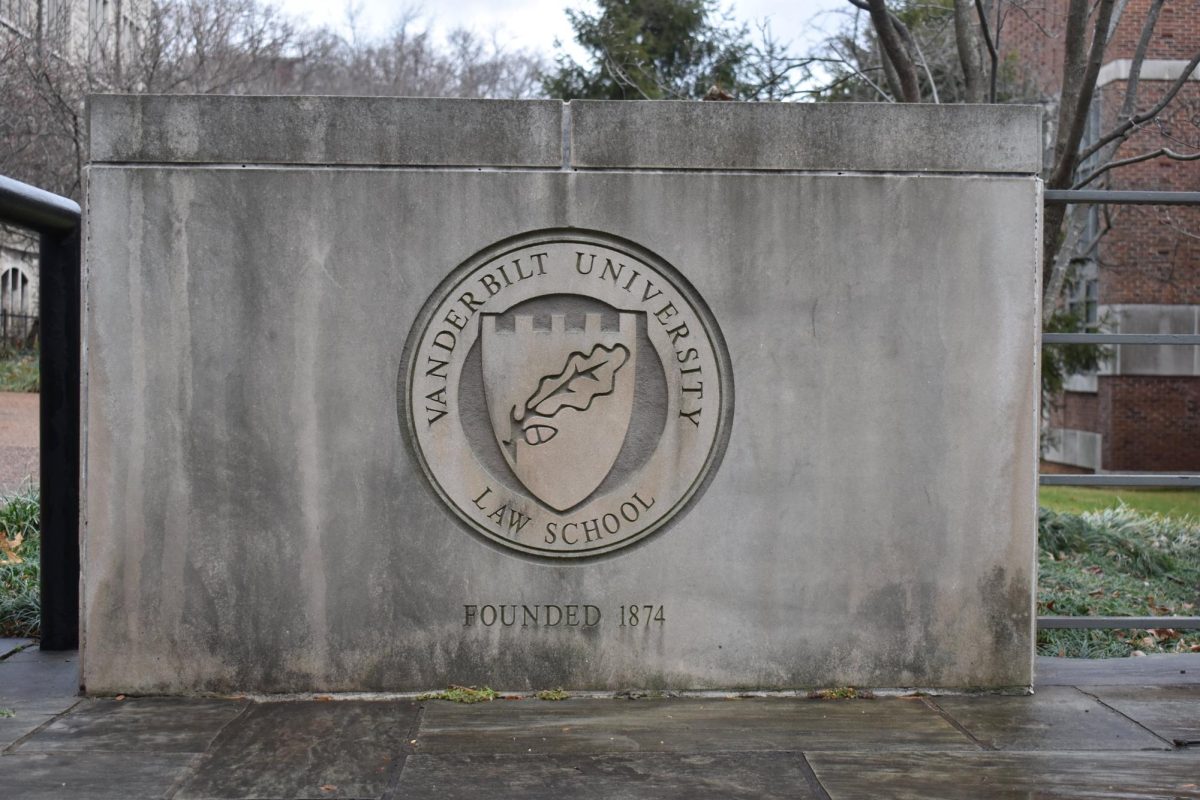Law Students for Social Justice and the George Barrett Social Justice Program hosted Anthony Ray Hinton at the Vanderbilt Law School on Sept. 23. Hinton is a former death row inmate who was wrongfully convicted and shared his experience of being incarcerated for 30 years, as well as his thoughts on the current criminal justice system.
During his talk, Hinton said that he is on a mission to educate people about the death penalty in order to have it abolished. He received an honorary doctorate from St. Bonaventure University in 2019. His book “The Sun Does Shine: How I Found Life and Freedom on Death Row,” became a New York Times bestseller and was part of Oprah’s 2018 Book Club selection.
Hinton began his talk by explaining the context of his arrest, where he was charged with first-degree robbery, kidnapping and attempted murder. According to Hinton, the officer who carried out his arrest said that he “didn’t care whether I did it or not,” guaranteeing he would be convicted.
After being put on trial for the murders, Hinton was convicted of first-degree capital murder and was sentenced to death on December 17, 1986 in Birmingham, Alabama. Hinton noted that his defense attorney, a lawyer provided by the state since he couldn’t afford one, only met with him twice before the trial and was resistant to defend him. Hinton stated that the prosecution alleged that the bullets of the revolver used in the crime matched those of the revolver which his mother owned. He mentioned that his attorney eventually hired a ballistics expert who was blind in one eye and lacked the competency to challenge the State’s allegations, contributing to his conviction.
While in solitary confinement, Hinton said he sat 30 feet away from the death chamber and watched as inmates were taken to be executed. He described how he struggled both physically and emotionally, stating that he was “locked up in a cage measuring five to seven feet.” Three decades later, following numerous petitions to scrutinize the revolver, three independent experts concluded that the bullets associated with the murder could not have originated from Hinton’s mother’s revolver. Efforts led by attorney Bryan Stevenson and the Equal Justice Initiative resulted in the case being appealed to the Supreme Court, which reached a unanimous decision to exonerate Hinton. He was released on April 3, 2015.
Hinton went on to explain that, during the course of his sentence, he was offered a sentence of life imprisonment if he agreed to plead guilty.
“At one point, I was offered a sentence of life imprisonment. I refused [because I was innocent] and would rather die by a truth than live a lie,” Hinton said.
Hinton said he believes that systemic racism is ingrained into the foundations of the American criminal justice system, and that future generations of lawyers should strive to overhaul the structural flaws to promote truth over falsehood. According to Hinton, He added that it would have been “political suicide” for the judge to rule in favor of a poor, black death row inmate.
“The system is not broken. The system is working exactly the way it was designed to work: to put men of color in prison. The system doesn’t want you to believe that it makes mistakes or that it’s racist or that our forefathers created a system that is not equal for everybody,” Hinton said. “The [current] judicial system is not based on law. It’s based on politics.”
During the Q&A portion of the program, second-year law student Jesser Horowitz asked Hinton about what gives him the strength to keep sharing his story and reliving his trauma. Despite the story taking a toll on him, Hinton said, he continues to recount it to prevent another person from having to go through the same torture as him.
Horowitz said he thought the talk was “eye-opening” and that lawyers must adhere to their ethical and moral obligations, as well as recognize the potential ramifications of their actions.
“[Hinton’s talk] was probably the best event that I’ve been to at the law school and I think it’s a sobering reminder of the realities of our justice system,” Horowitz said.
Hinton concluded the talk by discussing the lasting effects of his wrongful conviction on a personal level.
“I will never be free until the day I die. No one can see the scars and wounds on the inside. This is what the system has done to me,” Hinton said. “I beg you today to make the decision to be great lawyers, and regardless of color, give your best.”
Hinton asked the audience how many more cases like his own had to occur before systemic change occurs.
“How many men and women need to be exonerated before they realize that we don’t need a death penalty?” Hinton said. “One day your children will be in this system. If you don’t stand up for it now, the moment it knocks on your door, it will be too late.”

